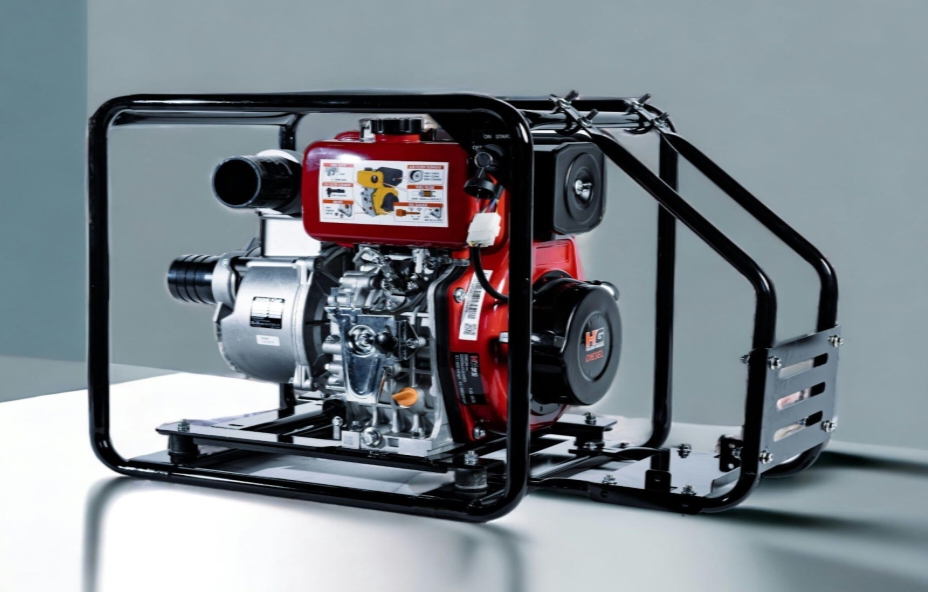Power outages can disrupt routines, damage appliances, and even put safety at risk. Having a backup generator is not just about convenience—it ensures your home stays functional during unexpected blackouts.
Before you install one, consider the following important things to ensure that your investment is safe, efficient, and long-lasting.
Evaluate Your Power Needs
Start by identifying which appliances and systems are essential during an outage. Think about lights, refrigerators, HVAC units, and security devices. Add up the wattage requirements to determine how powerful your generator needs to be. If you underestimate, you may be unable to power everything you need. If you oversize, you could end up spending more than necessary.
Choose the Right Type of Generator
Generators generally come in two types: portable and standby. Portable units are more affordable and valuable for temporary power but require manual setup and regular refueling. Standby generators are installed outside your home and turn on automatically when the power goes out. These are often powered by natural gas or propane and can work well with a home battery backup system, giving your home a stronger safety net during more extended outages.
Plan for Installation Carefully
Installing a generator is not just about setting it down and plugging it in. Placement, ventilation, and accessibility are crucial. It needs to be positioned safely outside the home and follow building codes. Working with certified electricians near me ensures that fuel lines, wiring, and safety devices are handled correctly and that your generator runs as it should when needed.
Know the Role of a Transfer Switch
A transfer switch shifts your power source from the grid to the generator. There are two main options: manual and automatic. An automatic transfer switch (ATS) turns the generator on as soon as the power goes out without you needing to do anything. This is especially useful when paired with a home battery backup system, which helps reduce fuel use and improve performance. Proper installation by certified electricians near me is essential to avoid backfeeding and other hazards.
Understand Local Rules and Regulations
Generator installations often require permits and inspections. Your local municipality may also have specific placement, noise, or fuel type rules. Always check ahead to avoid fines or the need to re-do the installation. A team of certified electricians near me will usually handle this part, ensuring everything meets local requirements.
Think About Long-Term Maintenance
Generators are not set-it-and-forget-it machines. Regular oil changes, filter replacements, and test runs are necessary to keep them working. A good option is to combine your generator with a home battery backup system to reduce wear and tear and keep fuel usage in check. This setup gives you smoother power management and less maintenance over time.
A backup generator can be a smart and secure investment, but only if installed and maintained correctly. Work with trusted, certified electricians near me who understand the entire process, from selecting the right unit to ensuring proper safety standards. Consider including a home battery backup system to increase your home’s energy resilience and reduce long-term costs for even better results.
Enjoyed this? Share this post with fellow fans and influencers, and be sure to check back regularly for the latest updates, insights, and news on all things simpcity!
